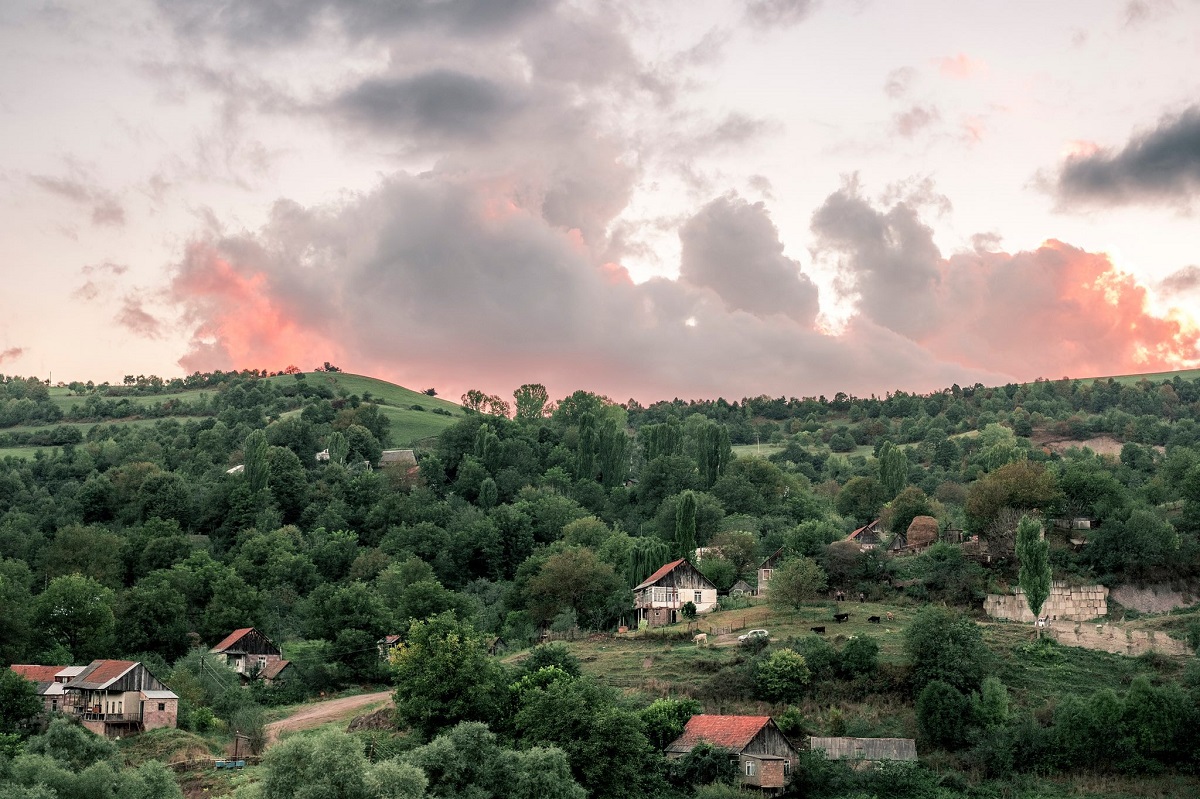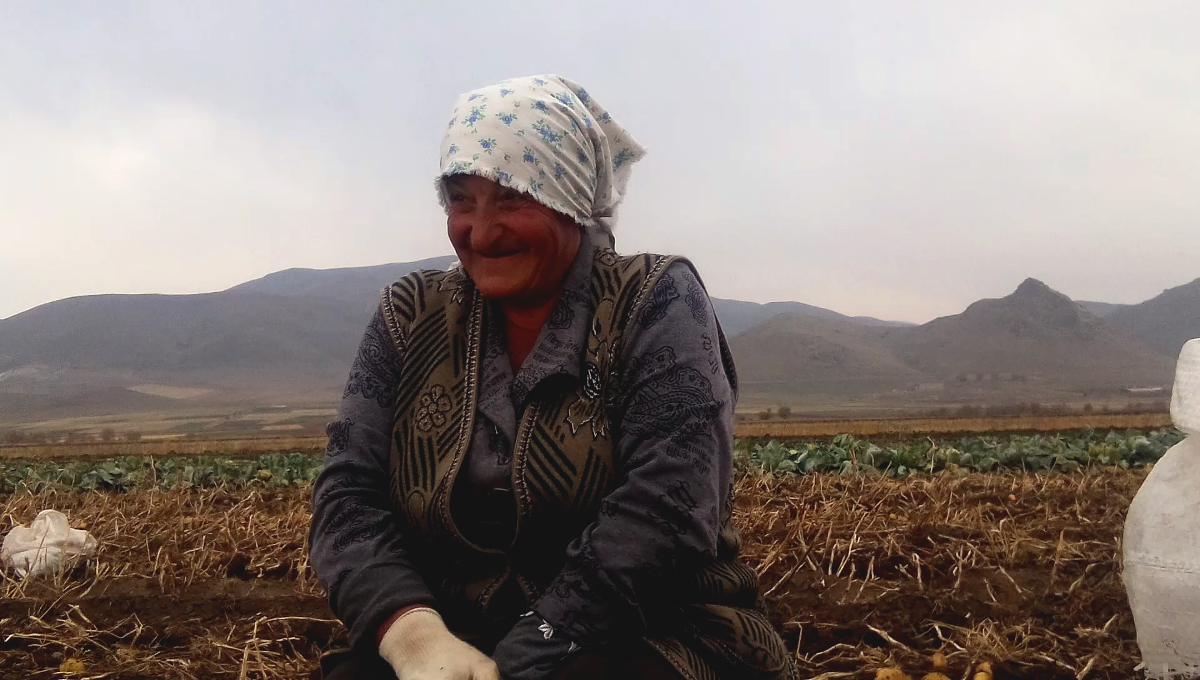Eco-patrols in Armenia: a new 24/7 nature protection service
Eco-patrols in Armenia
Armenia has launched an eco-patrol service—a new model for protecting forests, state nature reserves, and national parks. Environmentalists are calling it “an unprecedented reform for environmental protection.”
The service will monitor forests and other specially protected natural areas. Its responsibilities include enforcing fire safety regulations, preventing illegal logging, and tackling unlawful hunting and fishing. All of this will be carried out 24/7 using modern technology.
The decision to establish the service came into force on 1 January 2024. Since then, numerous specialists from across Armenia have undergone special training to fully carry out their new duties.
- 8,000 pines withered on shore of Sevan. Are bugs to blame or people’s indifference?
- New form of tourism in Armenia: wilderness and adrenalin
- What the flamingos in Ivanishvili’s dendrological park say about Georgia
More effective forest protection
Suren Avanesyan lives in Kapan. After many years in Armenia’s security forces, he retired—but decided not to stay at home. Instead, he chose to use his experience to help protect nature. He completed eco-patrol training and joined the newly established service.
“The courses were led by qualified instructors. We were taught how to navigate in the field and provide first aid. They explained how and when to use firearms. Lawyers introduced us to legal regulations and nuances. This training was essential to ensure we don’t face safety issues while on duty,” says Suren.
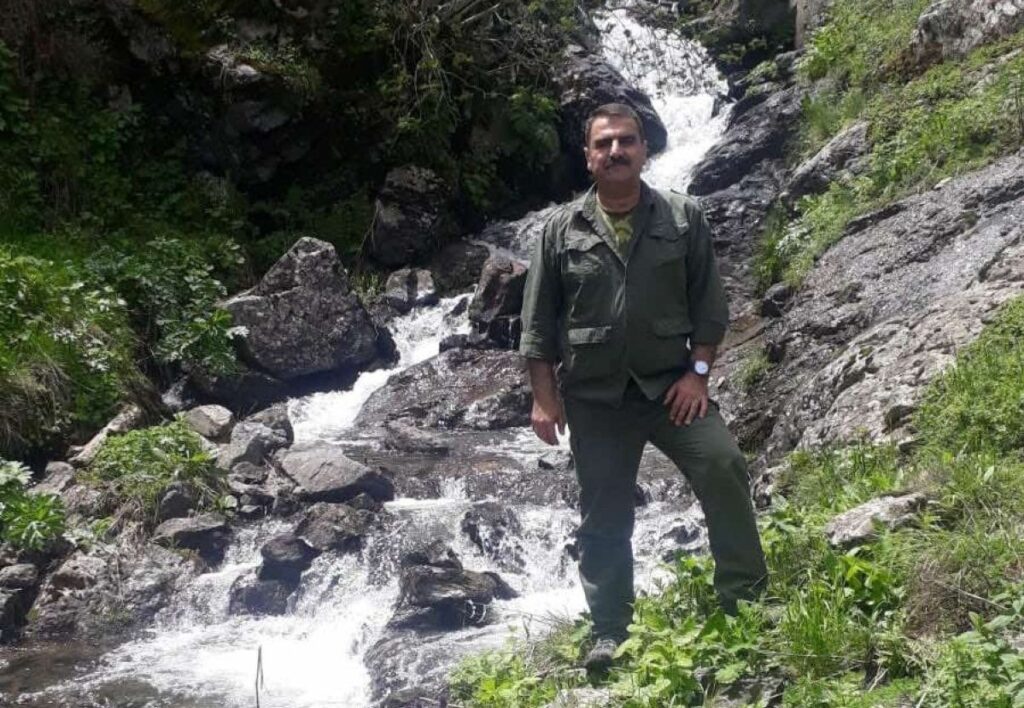
According to him, the residents of the region where he serves generally treat nature with care. For this reason, he hopes that with the introduction of the eco-patrol service, environmental damage can be kept to a minimum:
“We need to work more closely with rural communities. They need to understand when entering a protected area is considered illegal, and what the consequences are. At the same time, they should be informed about the areas where the law permits them to farm, and under what conditions.”
Similarly, eco-patrol Hayk Ohanyan is also from Kapan. He joined the service in January. In his words, protecting nature has become easier thanks to the launch of the eco-patrol programme:
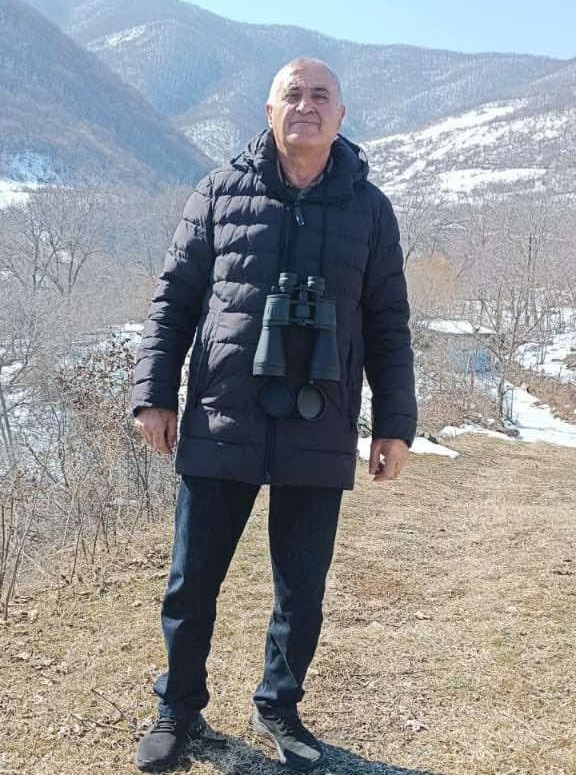
“The law clearly defines our duties and powers. We know exactly what we need to do. That helps us act more efficiently and understand the limits of our responsibility,” says Hayk.
He’s particularly pleased that the service is equipped with the necessary technology:
“We use drones to monitor highland and hard-to-reach areas. We’re provided with service vehicles, communication tools, and devices for locating coordinates and navigating in the field.
On top of that, the rules are now much clearer. Everything is defined by law. I can say there are no situations where an eco-patrol wouldn’t know what to do or might make the wrong decision. The Code of Administrative Offences clearly states the fines and penalties for each violation. All that’s left for us is to ensure the law is followed.”
Both officers say protecting the environment is not just a duty but a passion.
“We take our work very seriously and give it our all. We believe we’re responsible for preserving nature as much as possible for future generations,” says Suren Avanesyan.
Changes made possible by the introduction of the eco-patrol service
Previously, those responsible for protecting forests and other specially protected areas received low wages. They lacked the technical equipment needed to carry out their duties and had very limited authority. Furthermore, they were not permitted to carry service weapons, which made it more difficult to defend the areas entrusted to them.
Now, eco-patrol officers are authorised to use firearms and other special equipment. When necessary, they are also permitted to use physical force.
Staff are selected through a competitive process. After selection, they undergo specialised training and study leading international practices. Professional preparation takes place in two stages.
In the first stage, eco-patrols gain specialised knowledge in ecology, zoology, botany, forestry, and environmental law. The second stage focuses on fire prevention training. Physical and firearms training also play a key role in the curriculum.
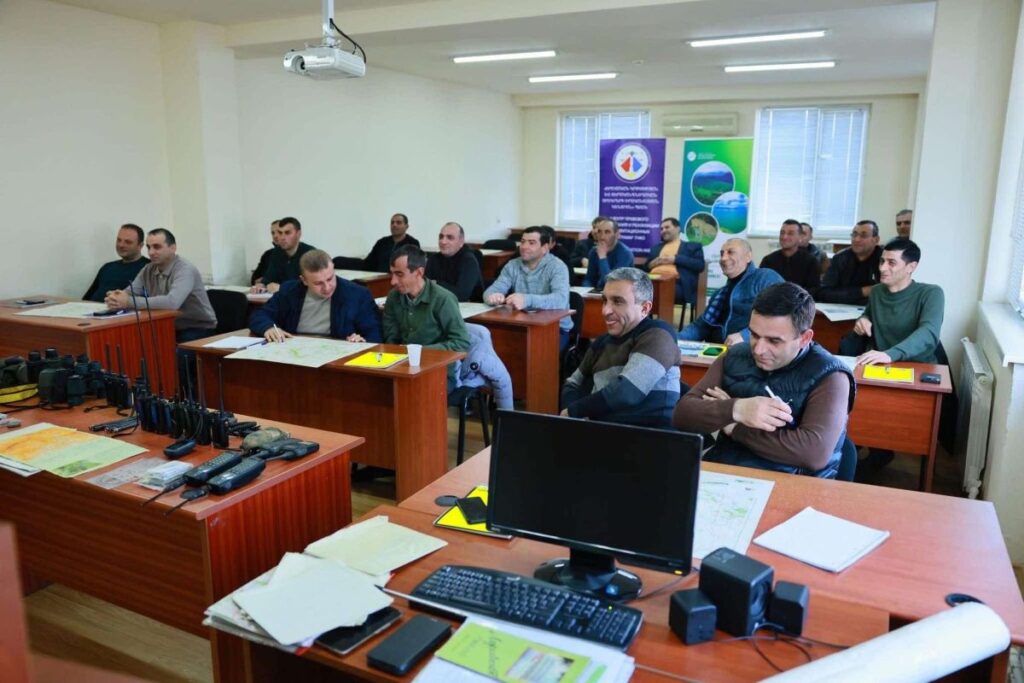
New approach to nature protection — real reform, not just words on paper
“There was an unprecedented requirement when hiring new staff for environmental protection—candidates had to have a certain level of education and relevant experience. This is also a legal requirement, as eco-patrol officers are entering public service,” says Lusine Aleksanyan, Secretary General of the Environmental Patrol Service.
She explains that within their authority, eco-patrols issue official reports on any violations detected in the areas under their control. This process is now fully digital and greatly simplified. Special software has been developed and is accessible on tablets that each officer has. Patrols instantly reflect the information they enter in the central operations management system.
Moreover, eco-patrol officers must also report any violations or incidents immediately via radio to the operations centre and their direct supervisor. The operations centre processes the information and forwards it to the internal security department, which operates under the service chief’s supervision.
Thanks to the tablet software, patrols can identify potential violators and their vehicles, pinpoint the exact location of an incident, compile a report, and submit it directly into the system.
To ensure transparency and accountability, body cameras are attached to each officer’s uniform, recording every second of their shift. Afterward, the footage is uploaded to a secure server, where it becomes available to service management and oversight departments.
“In the past, forest rangers worked eight hours a day, five days a week. But research showed that most environmental violations happen outside working hours and on weekends. Now, protection is carried out around the clock. The purpose of this service was to respond to modern challenges. These reforms aren’t just lines in official documents—they’re real, tangible work,” says Lusine Aleksanyan.










